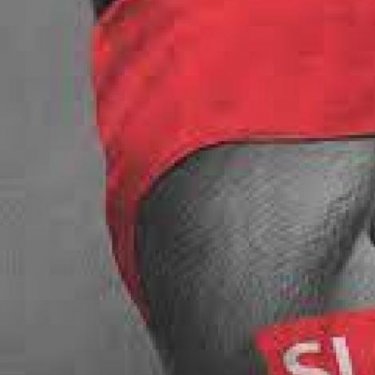RSF calls for strong anti-SLAPP measures by EU parliament, Member States

The anti-SLAPP directive proposed by the European Commission today is a major step forward in the fight against the use of “gag suits” to intimidate and silence journalists, says Reporters Without Borders (RSF), calling on the European Parliament and Member States to rise to the challenge by adopting strong measures to combat these abusive lawsuits.
RSF welcomes both the Commission’s proposed directive and its recommendations to Member States for combatting so-called Strategic Lawsuits Against Public Participation or SLAPPs – the favourite weapon of powerful businessmen and politicians for silencing media and deterring investigative reporting.
The proposed directive establishes procedural safeguards combining preventive and punitive measures, as advocated by RSF and the CASE coalition in their model directive. Preventive measures should make it possible to quickly reject a lawsuit as abusive thanks to an early examination of admissibility. Punitive measures should make it possible to penalise those who file SLAPPs and thereby deter others from doing so. Compensation for the victims is also envisaged.
“The European Union has a duty to protect journalists against those who seek to exploit the judicial system in order to silence them,” said Julie Majerczak, RSF’s representative to the EU. “The Commission's proposed directive is an important step forward in this regard and the European co-legislators – European Parliament and Council of the EU – must approve it. However, the proposed directive applies only to cases having a cross-border impact, which unfortunately limits its scope significantly. To ensure real protection for journalists across the EU, it is essential that Member States apply the same procedural safeguards to national cases, as recommended by the Commission.”
The EU is not competent to legislate on strictly national cases and those coming under criminal law. In a bid to overcome this limitation, the Commission has adopted a recommendation to Member States to apply the same rules as those in the directive at the national level. It also recommends training and awareness-raising measures, and the provision of legal assistance to the victims of SLAPPs.
RSF calls on Member States to implement these recommendations, and calls on the Commission to show determination in ensuring that they do so. Such measures are essential so that journalists can continue to work, so that they can shed light on the activities of those in positions of economic or political power who resort to SLAPPs, and shed light on what they want to hide.
Journalists are being sued arbitrarily more and more. Maltese journalist Daphne Caruana Galizia had 47 lawsuits, especially defamation suits, pending against her when she was murdered in October 2017. One of Poland's biggest dailies, Gazeta Wyborcza, has been threatened with dozens of legal actions, including by the ruling party. Polish investigative reporter Tomasz Piatek, a recipient of the RSF-TV5MONDE Press Freedom Prize in 2017, is currently facing seven legal proceedings.
French billionaire businessman Vincent Bolloré is almost systematic in his use of SLAPPs against journalists who investigate and question his activities, filing baseless lawsuits alleging defamation, commercial denigration or harassment.
Journalists in Croatia, Slovenia, Italy and Bulgaria are often subjected to SLAPPS. But all of these cases represent only the tip of the iceberg because hundreds of other journalists and NGOs are quietly silenced by letters threatening legal action.
